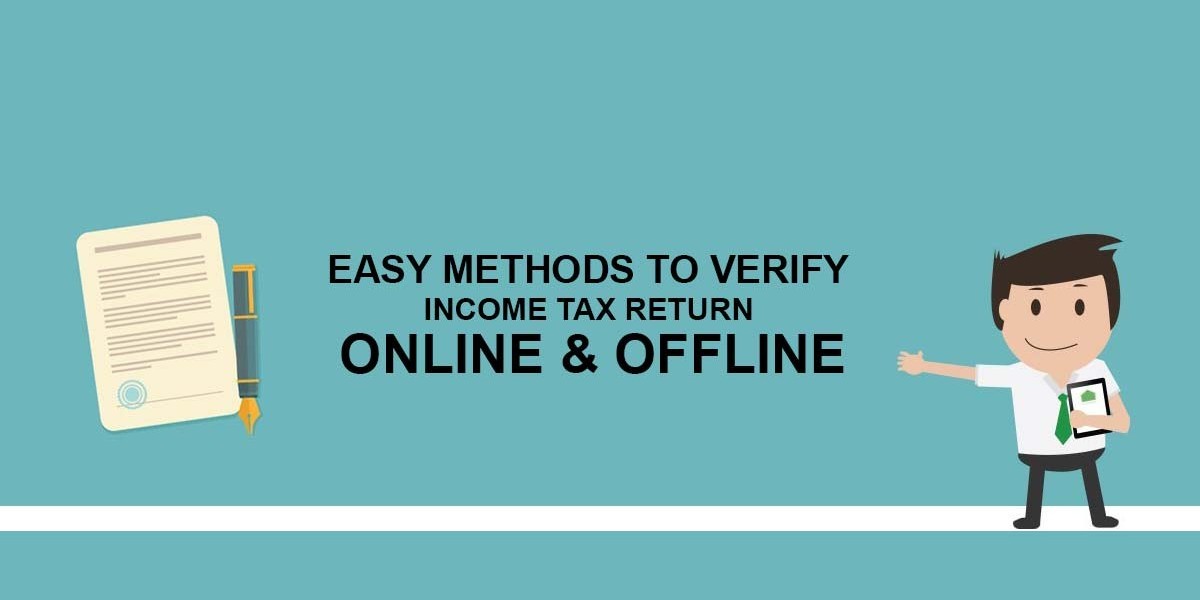Submitting your tax return is a crucial step in fulfilling your legal obligations and managing your financial affairs. But what happens after you click "submit"? Understanding the post-submission process can help you stay informed and prepared. Here’s a detailed guide to what occurs after submitting your tax returns.
Acknowledgment of Submission
Once your tax return is submitted, HM Revenue & Customs (HMRC) or the relevant tax authority will send an acknowledgment. This confirmation can come via email or be displayed immediately if you’re using an online system.
- Why It Matters: Keep this acknowledgment as proof of submission in case of any disputes.
- Tip: Double-check the details on your confirmation to ensure accuracy.
Initial Review by HMRC
HMRC reviews your submitted tax return to ensure all required fields are complete and accurate. This is typically done automatically through their systems.
- Key Areas Checked:
- Accuracy of calculations.
- Correct application of tax codes.
- Consistency with past filings.
If there are issues, HMRC may flag your return for further review.
Processing Your Tax Return
If no discrepancies are found during the initial review, HMRC processes your tax return. This involves calculating your final tax liability or refund amount based on the information provided.
- Timeline: Processing can take several days to weeks, depending on the complexity of your return and the time of year.
- Tax Refunds: If you're entitled to a refund, it will be calculated during this stage.
Notification of Refund or Payment Due
After processing, you’ll receive a notification about the outcome:
- Refund: If you've overpaid, HMRC will issue a refund. Refunds can be deposited directly into your bank account or sent as a cheque.
- Timeline for Refunds: Usually within 10–21 days for online submissions. Paper submissions may take longer.
- Payment Due: If you owe additional tax, HMRC will inform you of the amount and the due date for payment.
Audit or Inquiry (If Applicable)
HMRC may decide to conduct an inquiry or audit of your tax return if they detect unusual activity, inconsistencies, or errors.
- Common Triggers for Audits:
- Significant changes in income.
- Large or unusual deductions.
- Missing or incorrect information.
If your return is selected for an audit, HMRC will request supporting documents to verify the information provided.
Resolving Discrepancies
If HMRC finds errors or discrepancies in your return, they will notify you with details of the adjustments.
- What to Do:
- Review the notice carefully.
- Provide additional documentation or explanation if requested.
- Pay any additional tax owed or appeal if you believe the adjustment is incorrect.
Record Retention
Even after your tax return is processed and finalized, you’re required to retain records of your submission for a specific period.
- Retention Period in the UK:
- Individuals: 5 years after the 31 January submission deadline.
- Businesses: 6 years from the end of the accounting period.
These records can include receipts, invoices, and bank statements.
Late Payments and Penalties
If you owe tax but fail to pay by the deadline, you may incur penalties and interest charges.
- Key Penalties:
- A fixed penalty for missing the payment deadline.
- Daily penalties for continued delays.
- Interest on the unpaid amount.
Staying Updated on Tax Changes
Tax laws and filing requirements may change annually. After submitting your return, stay informed about updates that could impact future filings.
Conclusion
Submitting your tax return is only the beginning of the tax process. From acknowledgment to processing, refunds, or potential audits, understanding what happens post-submission can save you stress and ensure compliance. By staying organized, retaining records, and addressing issues promptly, you can navigate the post-tax-return process with confidence.
FAQs
What if I realize I made a mistake after submitting my tax return?
You can amend your tax return within 12 months of the original deadline. Use the same platform where you filed your return to make corrections.
How do I check the status of my tax refund?
Log into your HMRC account to check the status of your refund. Alternatively, contact HMRC directly for updates.
Can I appeal if HMRC makes an adjustment I disagree with?
Yes, you can appeal by providing supporting evidence and submitting a written explanation to HMRC.
What happens if I miss the submission deadline?
Late submissions incur an immediate penalty of £100, with additional penalties for continued delays.
Is it necessary to hire an accountant for my tax return?
While not mandatory, professional accountants can help ensure accuracy, maximize deductions, and reduce the risk of audits.



